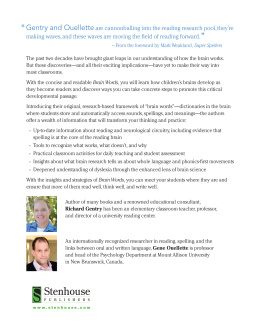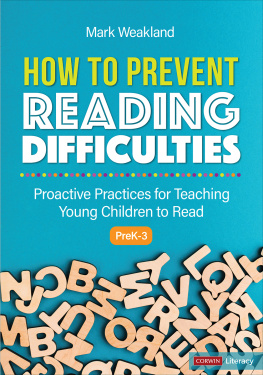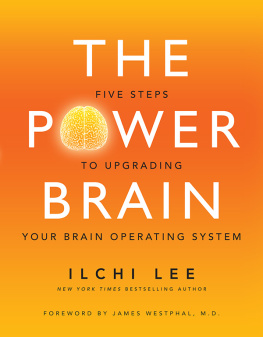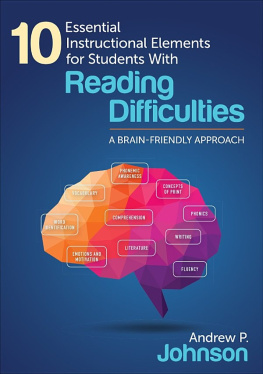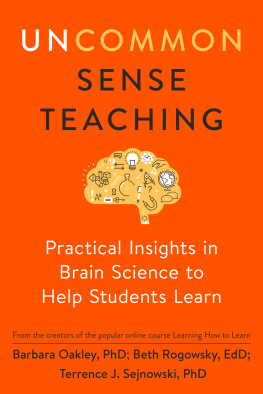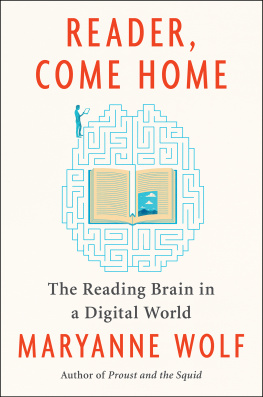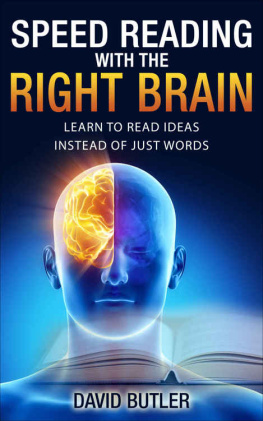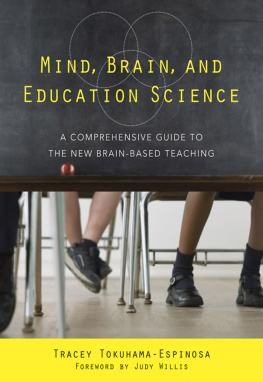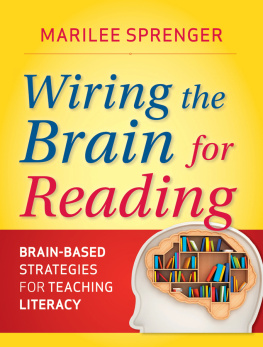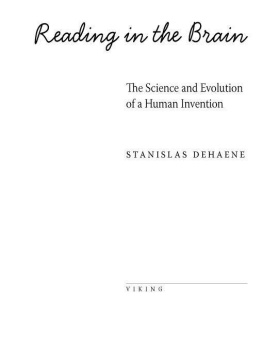.
If you would like to see a full list of the e-books Stenhouse offers, please visit us at www.stenhouse/allebooks



Copyright 2019 by J. Richard Gentry and Gene P. Ouellette
All rights reserved. This e-book is intended for individual use only. You can print a copy for your own personal use and you can access this e-book on multiple personal devices (i.e. computer, e-reader, smartphone). You may not repro-duce digital copies to share with others, post a digital copy on a server or a website, make photocopies for others, or transmit in any form by any other means, electronic or me-chanical, without permission from the publisher.
Every effort has been made to contact copyright holders and students for permission to reproduce borrowed material. We regret any oversights that may have occurred and will be pleased to rectify them in subsequent reprints of the work. The authors and publisher wish to thank those who have generously given permission to reprint borrowed material:
Watercolor illustrations of the brain used in were created by J. Richard Gentry.
Kindergartners Earth Quakes Story from Kid Writing in the 21st Century by Eileen Feldgus, Isabell Cardonick, and J. Richard Gentry 2017. Reprinted by permission of Hameray Publishing Group.
Cover images of the following Hameray Publishing Group leveled text covers used in the In the Classroom table titled Phase Observation and Text Levels in . Reprinted by permission of Hameray Publishing Group.
Mrs. Wishy-Washy and the Big Wash by Joy Cowley
Butterfly by Debbie Moeller
Wishy-Washy Ice Cream by Joy Cowley
The Boy and the Gumballs retold by Jeffery L. Williams
The Heron and the Swan retold by Jeffery L. Williams.
Illustrations on were created by Veronica Tate Ouellette.
Illustration on was adapted from Spelling Connections, Zaner-Bloser, Inc. Used with permission from Zaner-Bloser, Inc. All rights reserved.
Library of Congress Cataloging-in-Publication Data:
Names: Gentry, Richard, 1949- author. | Ouellette, Gene, 1967 author.
Title: How the science of reading informs teaching / Richard Gentry and Gene Ouellette.
Description: Portsmouth, New Hampshire : Stenhouse Publishers, [2018] | Includes bibliographical references.
Identifiers: LCCN 2018037243 (print) | LCCN 2018043460 (ebook) | ISBN 9781625312747 (ebook) | ISBN 9781625312730 (pbk. : alk. paper)
Subjects: LCSH: Reading (Elementary) | ReadingPhysiological aspects. | Reading, Psychology of. | Reading disability.
Classification: LCC LB1573 (ebook) | LCC LB1573 .G397 2018 (print) | DDC 372.4dc23
LC record available at https://lccn.loc.gov/2018037243
Cover design, interior design, and typesetting by Page2, LLC, Wayne, NJ.
This book is dedicated to those who help bridge the gap between the science of reading and best classroom practices and to all who have devoted their energies to helping children succeed on the pathway to literacy.
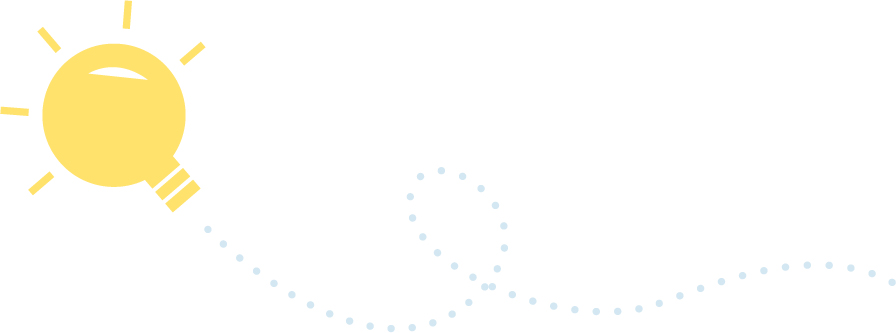
Contents
by Mark Weakland
Foreword
Its an exciting time for those of us who teach reading.
Not only is science continually uncovering fascinating information about how human beings read, but researchers are showing us how we can use this evolving knowledge to more effectively teach children to read, write, and spell. And thats what this book by Dr. Richard Gentry and Dr. Gene Ouellette is all about: the science behind reading, the new types of instructional practices that spring from that science, and the urgent call that we can help a lot of kids if we get moving on it.
Even though reading is the most widely studied area of theory and instruction, our understanding of how reading works in the brain continues to expand and deepen. At this very moment, somewhere in the world, a researcher is illuminating an area of reading development that was only dimly lit just a year ago, or even a month ago. Cleverly crafted experiments are associating types of instruction with gains in reading ability. Eye-movement cameras are connecting physical systems to theoretical understanding. Functional magnetic resonance imaging (fMRI) machines are enabling neuroscientists to link brain biology and reading behavior.
Weve recently learned that when a person undergoing an fMRI concentrates on a pattern within a word, one section of his brain lights up more than the others. But, the result is different when the person considers a whole word. Whats more, the brain area that is activated during pattern noticing (i.e., decoding at a sublexical level) influences the area activated during word noticing (i.e., word reading at the lexical level). This finding is important. It tells us something about how the brain works, and it points toward more effective ways of teaching word reading.
Research headlines about discoveries like this appear regularly. Word learning selectively sharpens orthographic representations. Invented spelling helps young children develop phonological awareness. The visual word form area in the brain is critical to reading success. In time, these headlines lead to instructional practices that produce larger and longer-lasting gains in reading, writing, and spelling skills. These gains, in turn, enable more children to reach critical reading and writing benchmarks. This is especially thrilling news.
Richard Gentry and Gene Ouellette are not only caught up on this news and the excitementtheyre generating it! Cannonballing into the reading research pool, theyre making waves, and these waves are moving the field of reading forward. In this book, Richard and Gene explain why its imperative that children develop a deep level of knowledge of words in the brain and tell us exactly how we can help our students gain this deep level of knowledge. Spoiler alert: Its not done through solitary phonological awareness activities, isolated decoding lessons, or separated vocabulary, fluency, and comprehension instruction. Rather, it is accomplished through instruction that is holistic, integrative, and complementary.
In this discussion, the authors highlight how orthographic learning is critically important, invented spelling is the starting point for explicit teaching of word reading skills, and spell-to-read instruction aligns with the brains reading circuitry. These are essential points. But the heart of Richard and Genes book is the idea of brain words.
A brain fully stocked with brain words is necessary for fluent reading. Both children and adults need encoded wordsthousands of glorious, splendiferous, enchanting wordsto make their reading engines run. And as you read this book, youll want to immediately start helping your students store letters, patterns, and whole words in their brain dictionaries. What are the best ways to do this? Gene and Richard begin by encouraging you to rethink reading instruction. This challenge isnt an attempt to catch the latest bandwagon or a reaction to the most recent pendulum swing. Its not frivolous. No, its rooted in thirty or more years of research, as well as todays neuroscientific findings.
With this in mind, the authors give new ways to look at content and instruction. Thankfully, Gene and Richard have done a great deal of reading, understanding, and summarizing for us. They take research findings and present them in an easy to understand way, and then they translate these findings into actions we can take in our classrooms.
Next page
